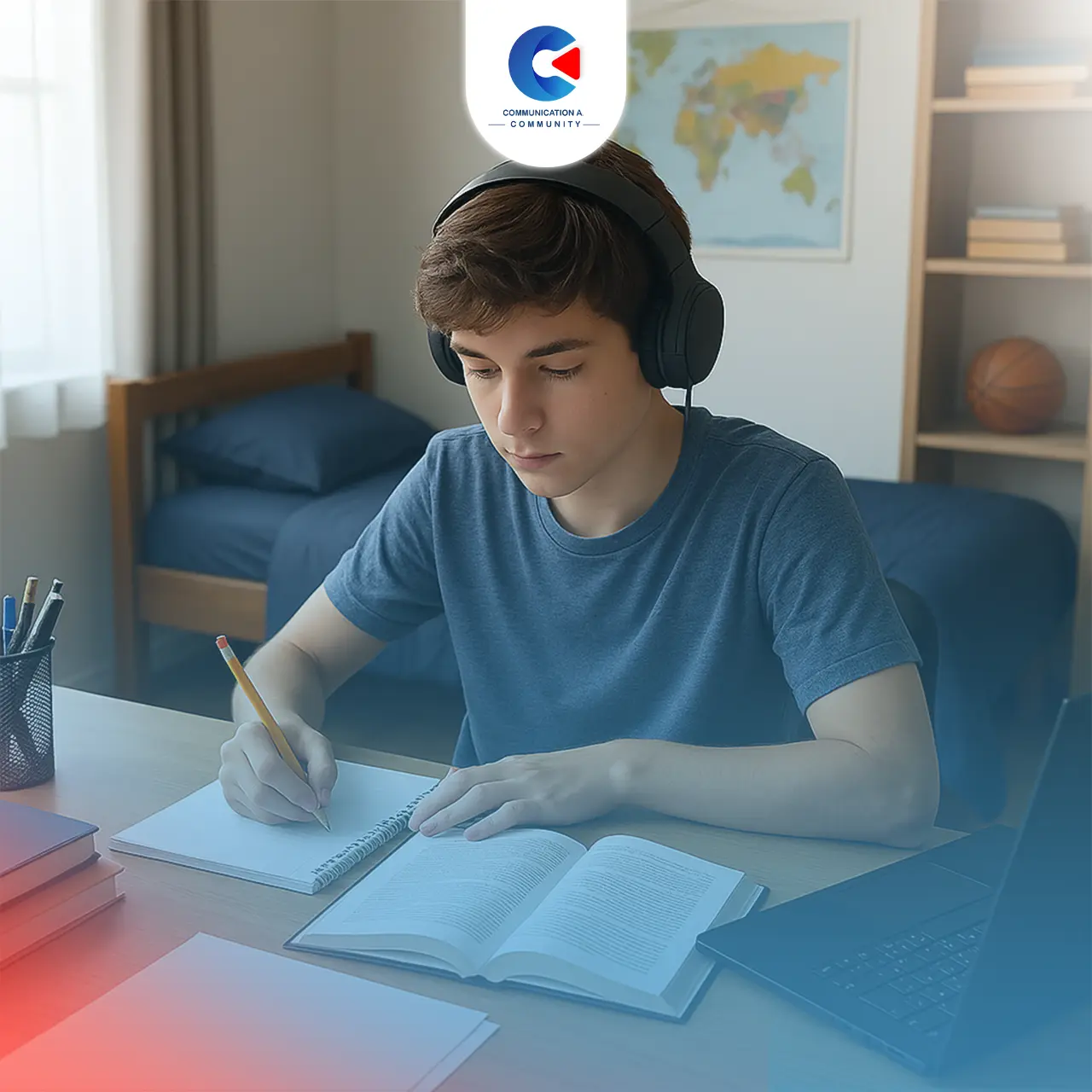OUR PROGRAMS
Empowering skills for your success

Through our engaging courses, your child will gain confidence and develop creativity to open doors to success; they will also acquire English—the world’s leading language.
English for Kids
Ages 5–10 in a fun, simple way.

Our courses for english-for-teens aim to teach them the skills they need to communicate confidently in English as a second language, preparing them for academic and career success.
English for Teens
Ages 11–17 to boost your English.

We help you build greater confidence in your English skills, boosting your professional and social opportunities and enabling you to make the most of online and global resources.
English for Adults
18+ to improve your skills.

Improve your fluency and confidence through real English english-conversation with native-speaking tutors, anytime and anywhere.
English Conversation
Speak with fluency and confidence.

Get professional English programs for your business-english that enhance your employees’ communication skills and support your company’s global expansion.
Business English
Professional English for work success.

Our private-english-lessons tutors offer flexible schedules and lessons tailored to your needs, accelerating your language progress and boosting your confidence.
Private English Lessons
One-on-one lessons at your pace.

Best Online Course
Fun, Effective Learning Always
Most Qualified Teachers
Language Experts Ensuring Success
50K+ Active Students
Trusted by Thousands Worldwide
ABOUT US
English Learning Made Easy
At CAC, we’ve been changing lives since 2016 by making English simple, practical, and fun. With global accreditation from the American Board, we’re trusted by learners and companies across the Arab world.
Years Experience
Satisfied Students
Professional Teachers
Weekly New Customers
OUR INSTRUCTORS
MEET OUR PROFESSIONAL INSTRUCTORS












